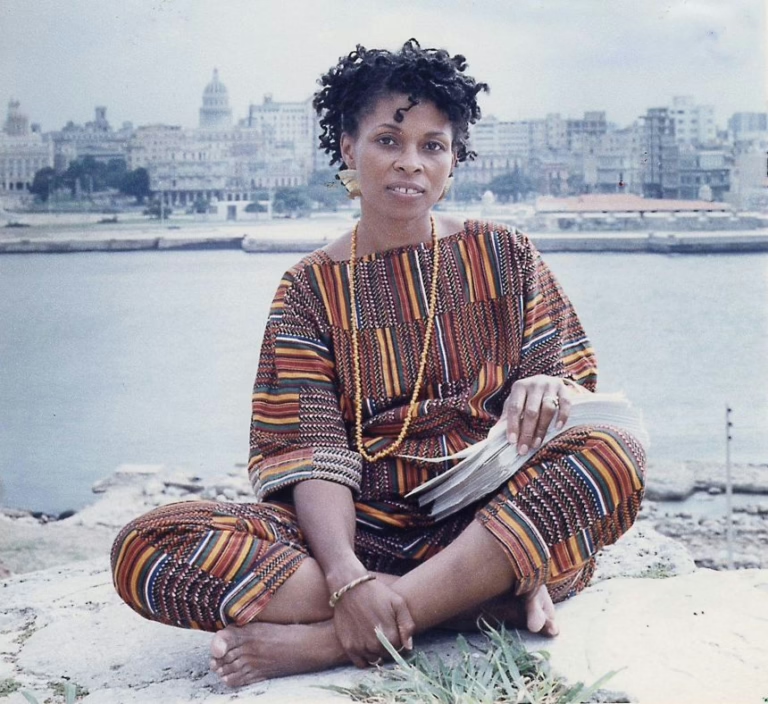Cuba has officially reported the passing of Assata Shakur, the American-born Black activist who evaded U.S. authorities for over 40 years following her daring prison escape.
Shakur, convicted in the 1970s for the fatal shooting of a New Jersey state trooper before fleeing to Cuba, died in Havana on September 25, 2025, at the age of 78.
The Cuban Ministry of Foreign Affairs released a concise statement on its official platform confirming her death: “On September 25, 2025, American citizen Joanne Deborah Byron, also known as Assata Shakur, passed away in Havana, Cuba, due to health complications related to her advanced age.”
Born Joanne Deborah Byron and sometimes referred to as JoAnne Chesimard, Shakur was a key member of the Black Liberation Army, a militant nationalist organization active in the United States during the 1970s. Her notoriety originated from a 1973 incident on the New Jersey Turnpike, where a routine traffic stop escalated into a shootout. Authorities accused Shakur and two others of opening fire, resulting in the death of state trooper Werner Foerster. She was subsequently arrested, tried, and sentenced to life imprisonment in 1977.
Throughout her life, Shakur consistently denied any involvement in the shooting, asserting that she never discharged a firearm and had her hands raised when the shots were fired.
In a bold move just two years after her conviction, Shakur escaped from a New Jersey prison in 1979 with assistance from outside supporters. By 1984, U.S. officials confirmed her presence in Cuba, where she was granted political asylum. The Cuban government steadfastly refused U.S. extradition requests, allowing her to reside openly in Havana for decades.
Her asylum in Cuba remained a persistent source of diplomatic friction between Washington and Havana. In 2013, the FBI intensified its efforts by labeling her a domestic terrorist and adding her to its Most Wanted Terrorists list-the first woman to receive this designation-with a $1 million reward for her capture.
Even in recent years, top U.S. officials have criticized Cuba’s refusal to extradite her. “The Cuban government continues to shelter terrorists and criminals, including fugitives from the United States,” stated U.S. Secretary of State Marco Rubio in May, accompanied by images of Shakur and the fallen officer. Rubio pledged that the U.S. would persist in its “unwavering commitment to hold the Cuban regime accountable.”
Cuba’s protection of Shakur fits within a larger historical context, as the island nation served as a sanctuary for radical Black activists escaping U.S. law enforcement during the 1960s and 1970s, such as Black Panther leaders Huey Newton and Eldridge Cleaver. Shakur, who became a symbol of defiance for some and a convicted cop-killer for others, remained one of the most prominent American fugitives to spend her final years in Cuba.


















0 Comments